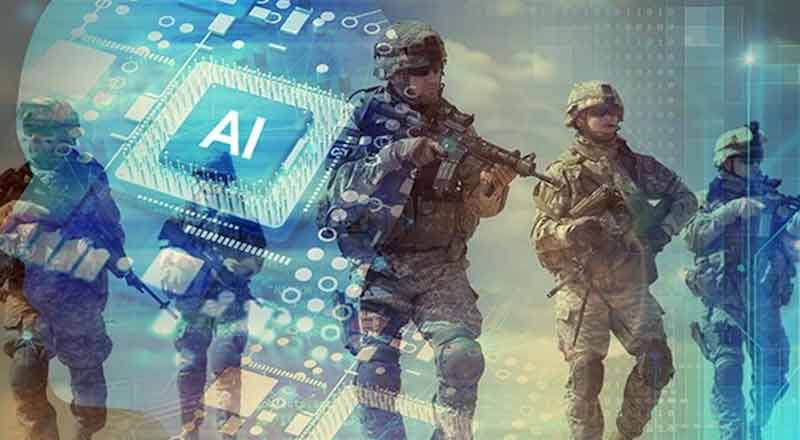- In a watershed moment highlighting China’s technological prowess, researchers have unveiled the world’s first AI commander designed to lead large-scale computer war games.
- The AI, known as the “virtual commander,” transcends conventional military simulations by replicating human decision-making processes and incorporating nuanced personality traits and flaws.
- During simulations involving all branches of the PLA, the AI assumes the role of supreme commander, making critical decisions and adapting rapidly to dynamically evolving scenarios.
- Traditional simulation systems often lack effective joint command structures at the battle level.
- Despite operating autonomously within controlled environments, the AI commander operates under stringent guidelines reflecting China’s policy of maintaining human control over military decisions.
- China’s unveiling of the AI commander signifies a transformative stride in military technology, exemplifying the nation’s strides towards integrating advanced AI into national defense.
In a watershed moment highlighting China’s technological prowess, researchers have unveiled the world’s first AI commander designed to lead large-scale computer war games. Developed at the Joint Operations College of the National Defence University in Shijiazhuang, Hebei province, this AI represents a significant leap in military innovation.
The AI, known as the “virtual commander,” transcends conventional military simulations by replicating human decision-making processes and incorporating nuanced personality traits and flaws. While currently confined to laboratory settings, its capabilities promise to revolutionize how the People’s Liberation Army (PLA) prepares for future conflicts.
During simulations involving all branches of the PLA, the AI assumes the role of supreme commander, making critical decisions and adapting rapidly to dynamically evolving scenarios. This addresses a pivotal challenge faced by the PLA: the scarcity of experienced senior commanders available for frequent and diverse war simulations.
Traditional simulation systems often lack effective joint command structures at the battle level. The AI commander’s deployment addresses this gap, leveraging its ability to process extensive data and simulate strategic responses based on empirical knowledge rather than static analysis. Its operational efficiency and capacity to learn from both successes and failures make it an invaluable asset in refining military strategy.
Despite operating autonomously within controlled environments, the AI commander operates under stringent guidelines reflecting China’s policy of maintaining human control over military decisions. This approach ensures that the AI’s capabilities are supplementary rather than substitutive to human command, aligning with broader international discussions on AI ethics and governance.
Looking ahead, the implications of AI commanders extend beyond simulated environments. There are envisaged applications in real-world military operations, potentially transforming strategic planning and execution. As AI technology continues to evolve, policymakers and military strategists globally face the imperative of balancing machine efficiency with human judgment and ethical considerations.
The development of an AI commander marks a pivotal juncture in military technology, underscoring China’s commitment to harnessing AI for national defense. While its current applications are limited to controlled environments, the AI’s potential to reshape military operations is vast.
As researchers refine AI capabilities, the balance between augmenting human capabilities and integrating autonomous systems will be pivotal. The AI commander’s adaptability and capacity to learn from diverse scenarios promise to enhance military preparedness. However, this evolution necessitates rigorous management to mitigate risks and uphold strategic stability.
China’s unveiling of the AI commander signifies a transformative stride in military technology, exemplifying the nation’s strides towards integrating advanced AI into national defense. While its immediate deployment is restricted to controlled settings, the AI’s trajectory holds promise for revolutionizing future warfare dynamics.
In the pursuit of strategic supremacy, the development of AI commanders presents a new frontier where innovation converges with enduring principles of military strategy and governance. As this technology advances, its impact on global security dynamics will continue to unfold, shaping the future of warfare in profound and unpredictable ways.
Ultimately, China’s pioneering AI commander sets a precedent for the evolving role of AI in military operations, highlighting both the opportunities and challenges that lie ahead as nations navigate the complexities of integrating AI into their defense strategies.
(With inputs from agencies)





